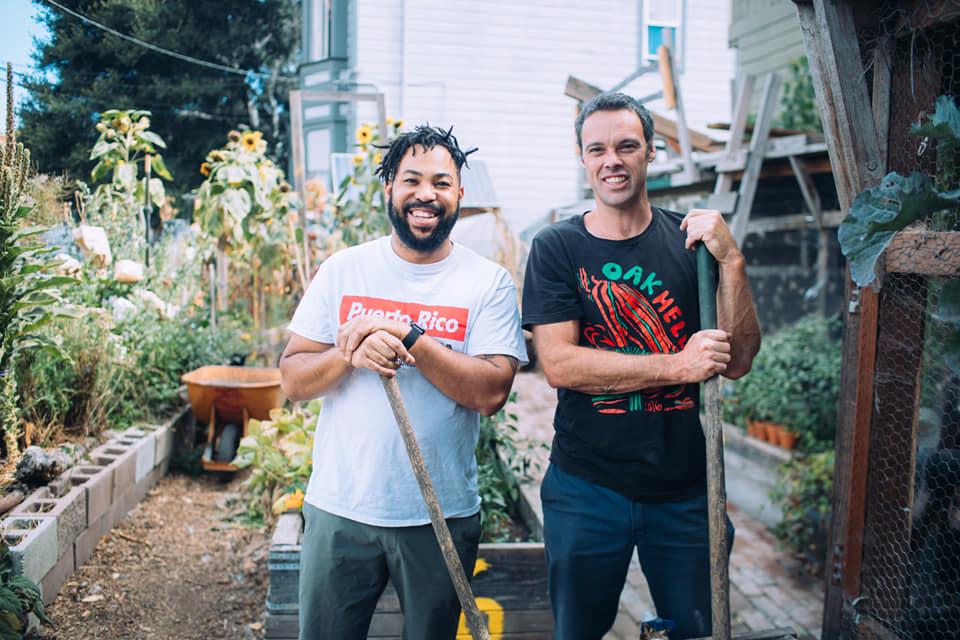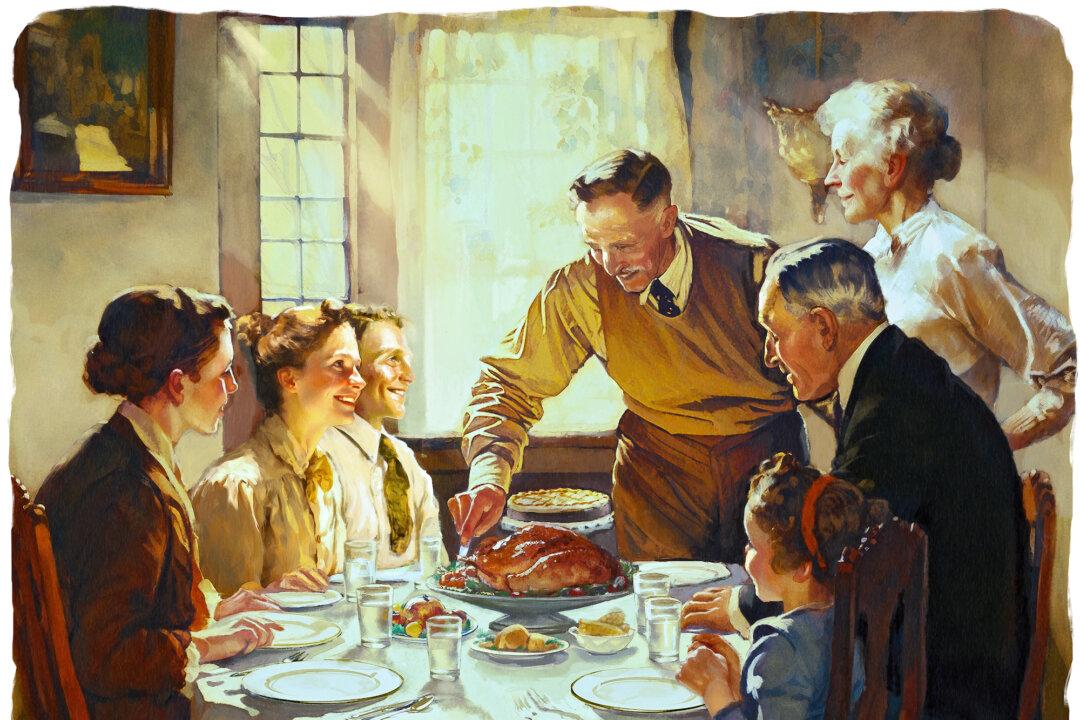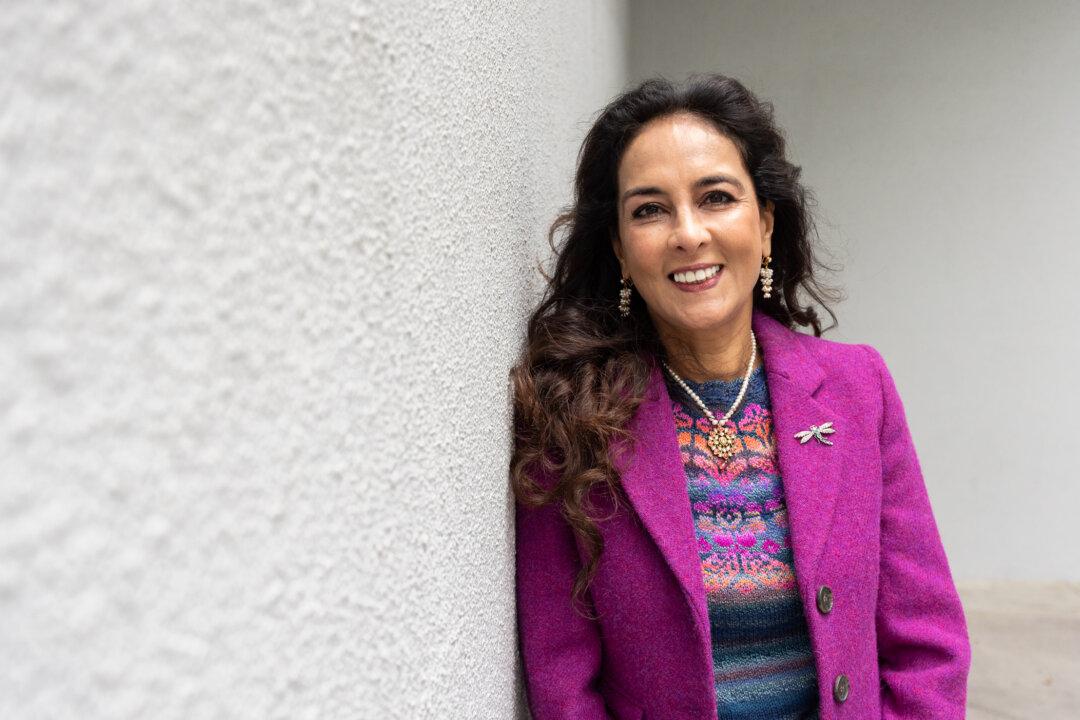A man named Seneca Scott built a sense of community in West Oakland, California, by building a community garden. While Bottoms Up Garden lost its crops during the COVID-19 pandemic, the community it built is still there.
Scott was no farmer when he moved to West Oakland from inner-city Cleveland via Cornell. But his neighbor, Jason Byrnes, was from rural Michigan and knew how to manage chickens, goats, and vegetable patches. They started talking, they argued over politics, and eventually, they took action. They helped turn West Oakland into a neighborhood where baby strollers were safe on the street at night.





